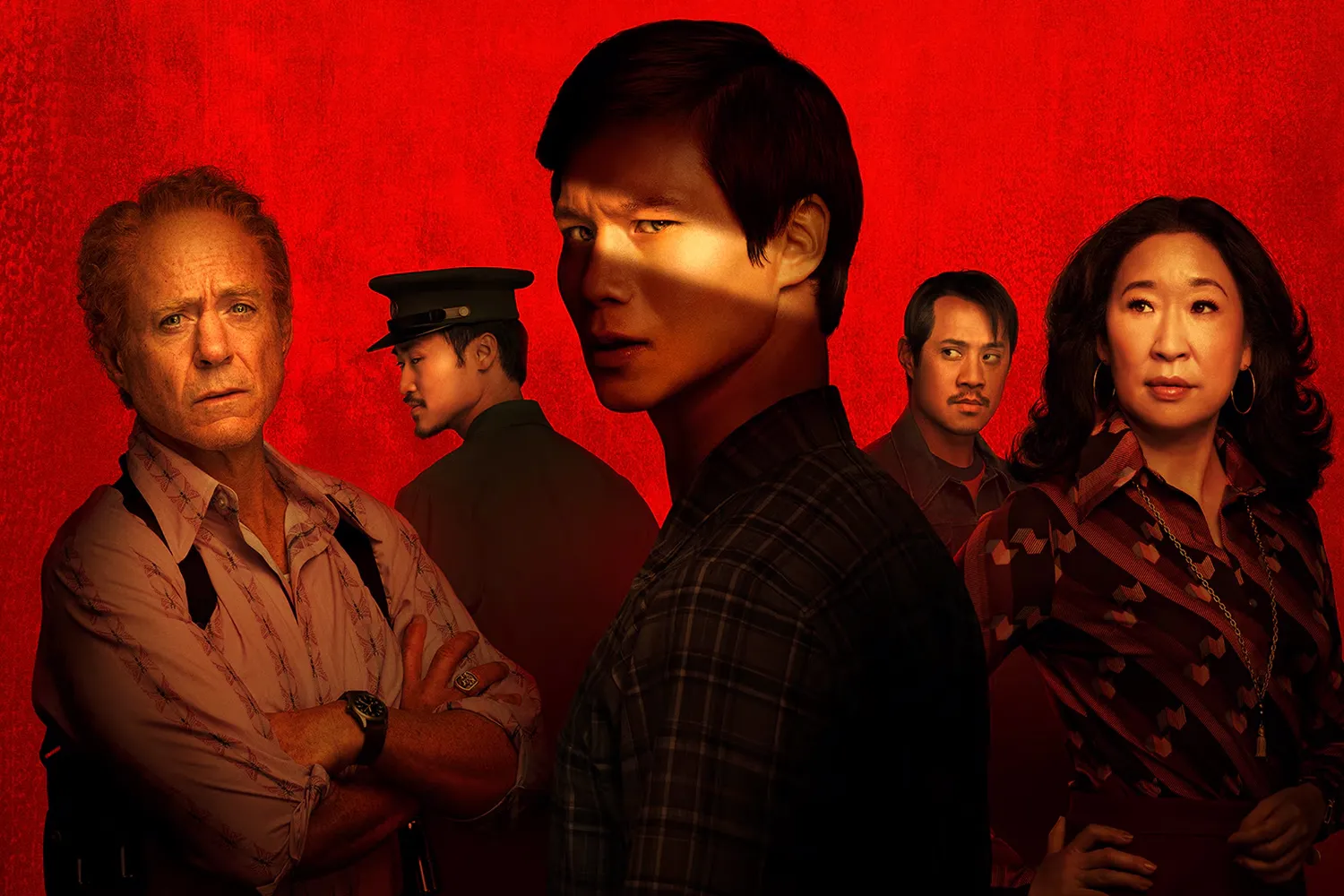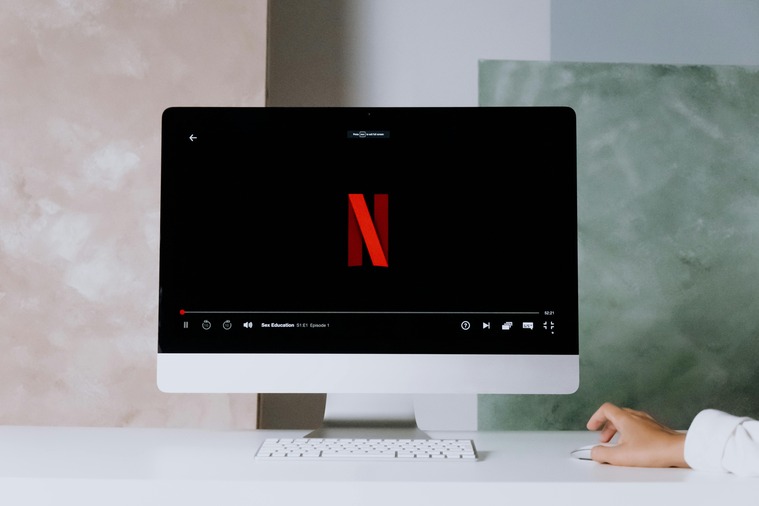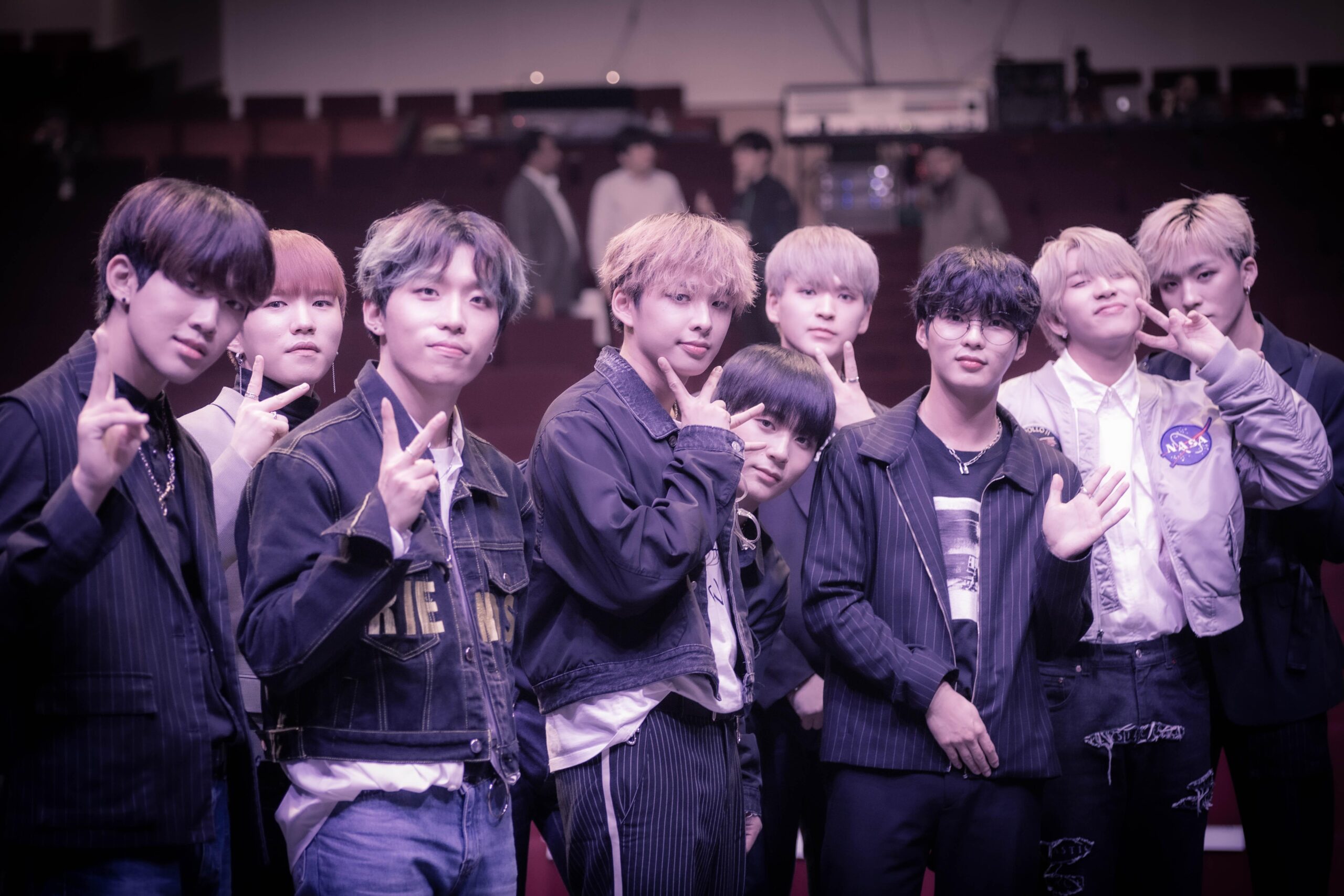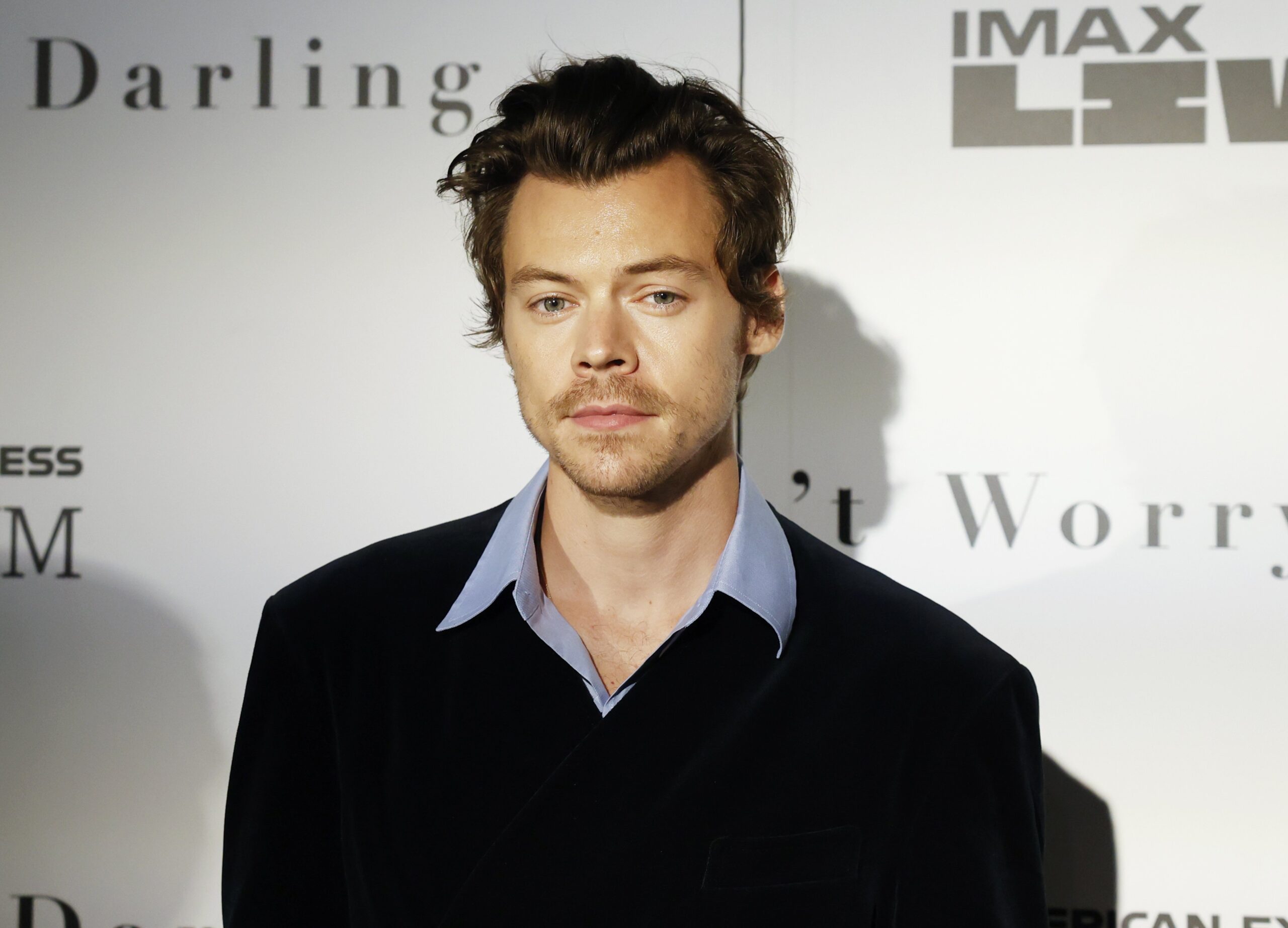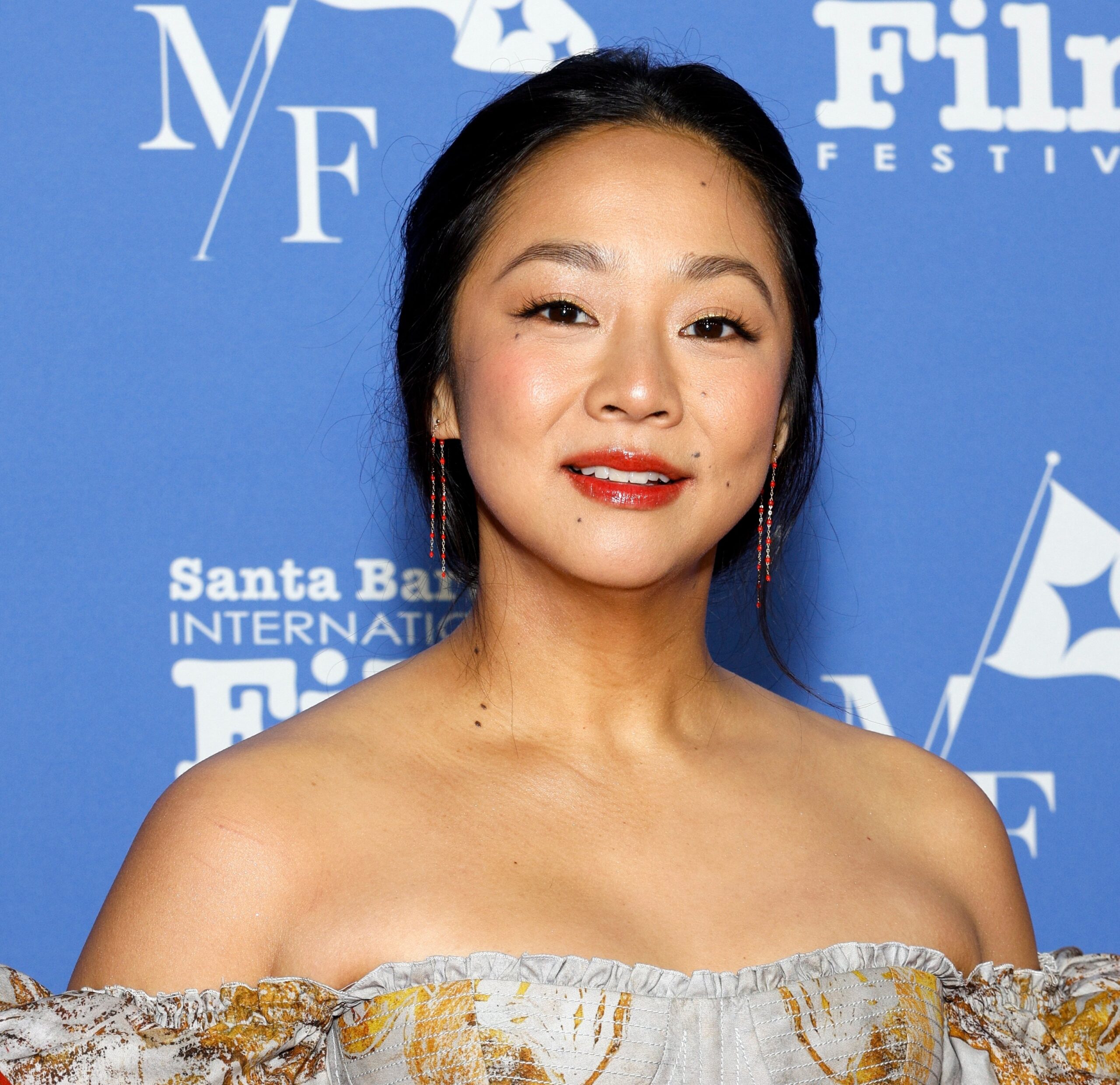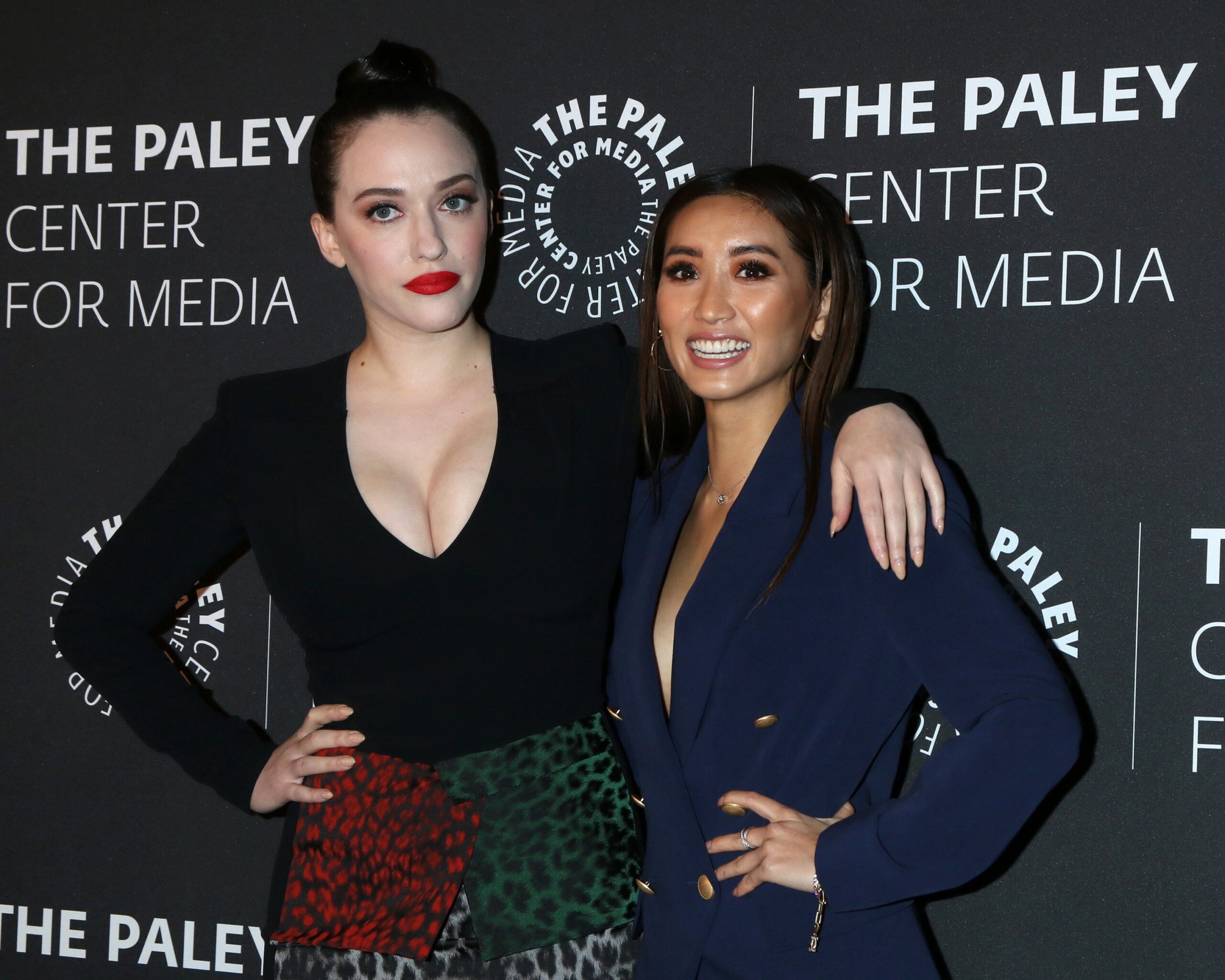When I heard HBO was adapting Viet Thanh Nguyen’s Pulitzer-Prize winning novel The Sympathizer, I knew we were in for something ambitious. A series about war, exile, espionage, and identity is not your average Sunday night watch. But after watching several films and series that attempt to tackle mixed identity, I braced myself. Stories like […]
